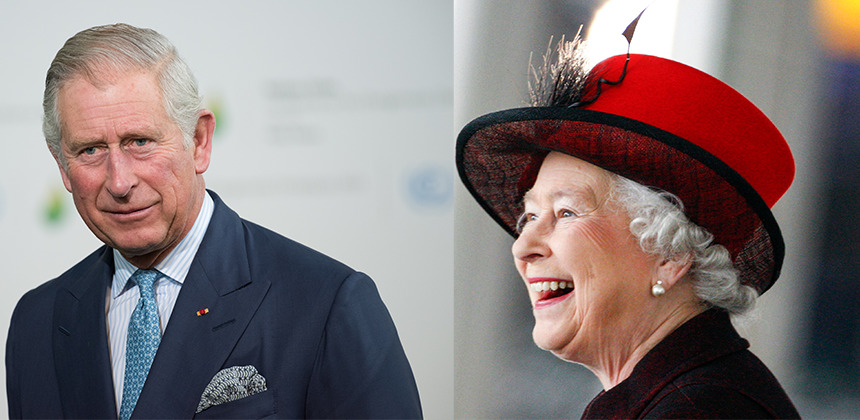We’ve all googled the net worth of our favorite celebrities- Zendaya, Brad Pitt, or Meryl Streep, whether it’s to marvel at their success, or to imagine their glamorous homes and designer clothes.
But what about the royal family? The House of Windsor’s numerous properties and collections of art and jewelry may be misleading- after all, “…not all of them are owned by them personally,” says Katie Nicholl, who is regarded as one of the world’s leading experts on the royal family.
The wealth of Queen Elizabeth II has recently become a popular topic of conversation once more, as her passing will leave her tax-free fortune for the newly crowned King Charles III. Experts such as David McClure and Fortune estimate the queen’s net worth at around $500 million, and Katie Nicholl offers a slightly more modest amount at $442 million.
But the queen’s wealth may not be as easily accessible as typical holdings left in a will. Part of her fortune is entangled with monarchy holdings, meaning that the holdings she will leave her family are not always accessible as liquidated wealth, given the historical or traditional value of some items and properties to Britain. The exact form of her will is to remain private, so the public can only speculate about the inheritance handed down to various members of the royal family.
The majority of the royals’ wealth comes from the Crown Estate, consisting of assets such as the Duchy in Cornwall and other properties, worth $19.2 billion total. Land, business, and retail properties are just some of the holdings of the Crown Estate, which is owned by the British monarch in name, but managed by the British government. The government distributes a “Sovereign Grant” to the royal family, which is around 25% of the Crown Estate’s profit, and their main source of income.
Though the members of the royal family are not obligated to pay income tax, the queen did voluntarily, a change which resulted in the House of Windsor’s increased popularity, and continued as a tradition. King Charles followed in her footsteps, paying a 45% income tax on the money he gained from the $1.2 billion property of the Duchy in Cornwall. Now that he has been crowned king, the Duchy will be passed down to the next heir, Prince William. The balance of wealth will no doubt continue to adapt in the upcoming decisions regarding the queen’s fortune, especially amid the economic crisis Britain is facing with inflation.
It is still unconfirmed as to when King Charles will appear on the nation’s bills and coins as the next symbol of wealth for Britain and its Commonwealth countries



